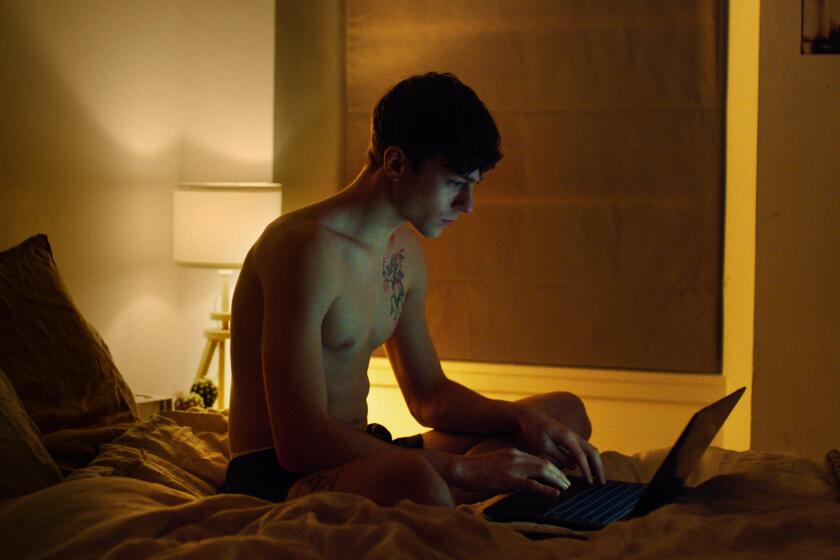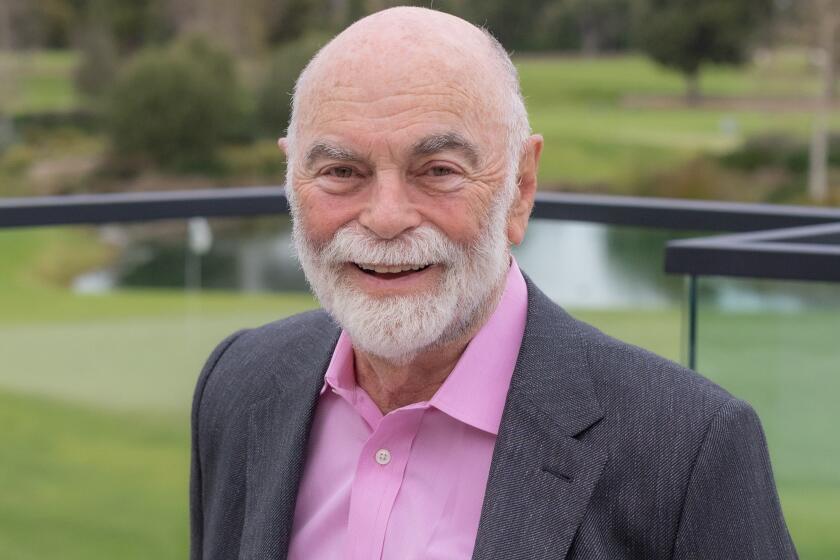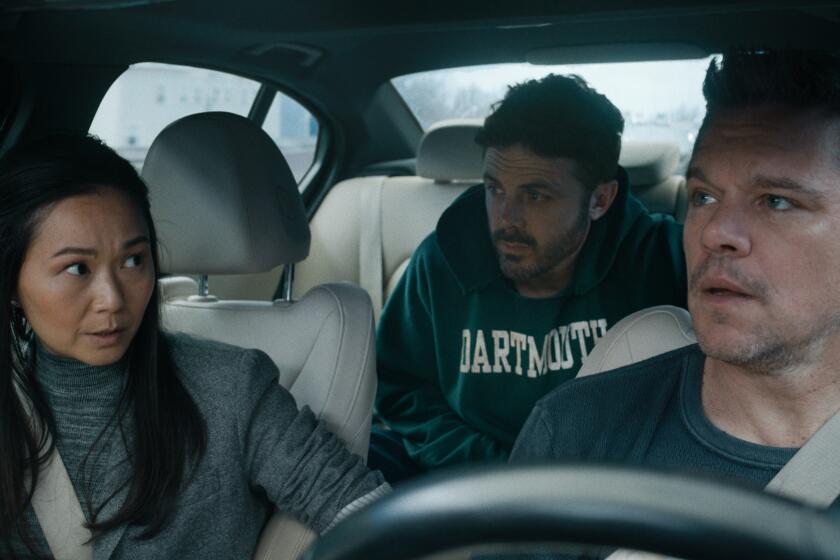Heady journeys into indie sci-fi, plus more of the week’s best movies in L.A.
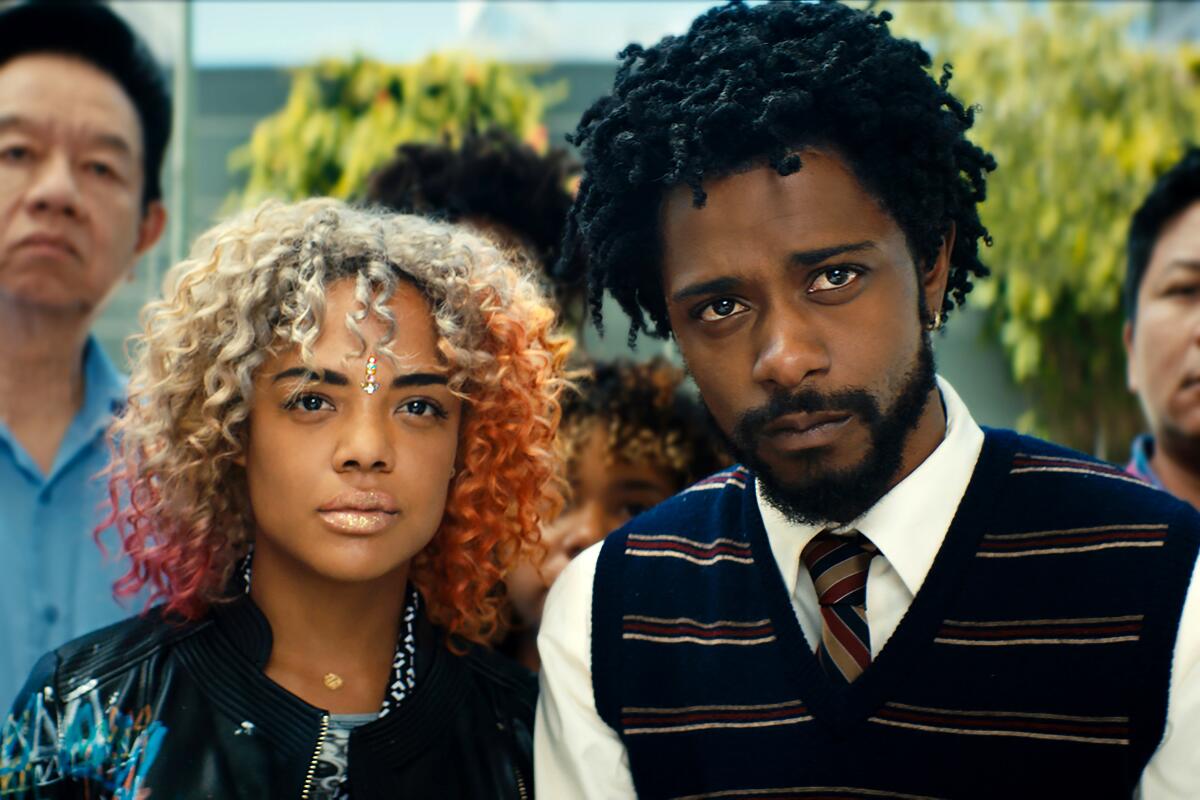
Hello! I’m Mark Olsen. Welcome to another edition of your regular field guide to a world of Only Good Movies.
As part of an ongoing series looking at films from 1999, Josh Rottenberg examined the marketing behind “The Blair Witch Project,” which premiered at Sundance having been made for $60,000 and went on to gross nearly $250 million worldwide.
The film’s innovative use of online marketing, as well as a campaign that had many people believing the film’s found-footage mystery was real, turned the movie into a cultural sensation. Its influence can still be felt all the way to the recent horror hit “Longlegs.”
“There are a lot of other ways to get to people other than throwing money at them,” John Hegeman, then head of marketing at the film’s distributor Artisan Entertainment, told The Times in a 1999 interview. “When people say something can’t be done, that in itself is motivation enough to say, ‘Yes, it can.’”
Trip out on indie sci-fi
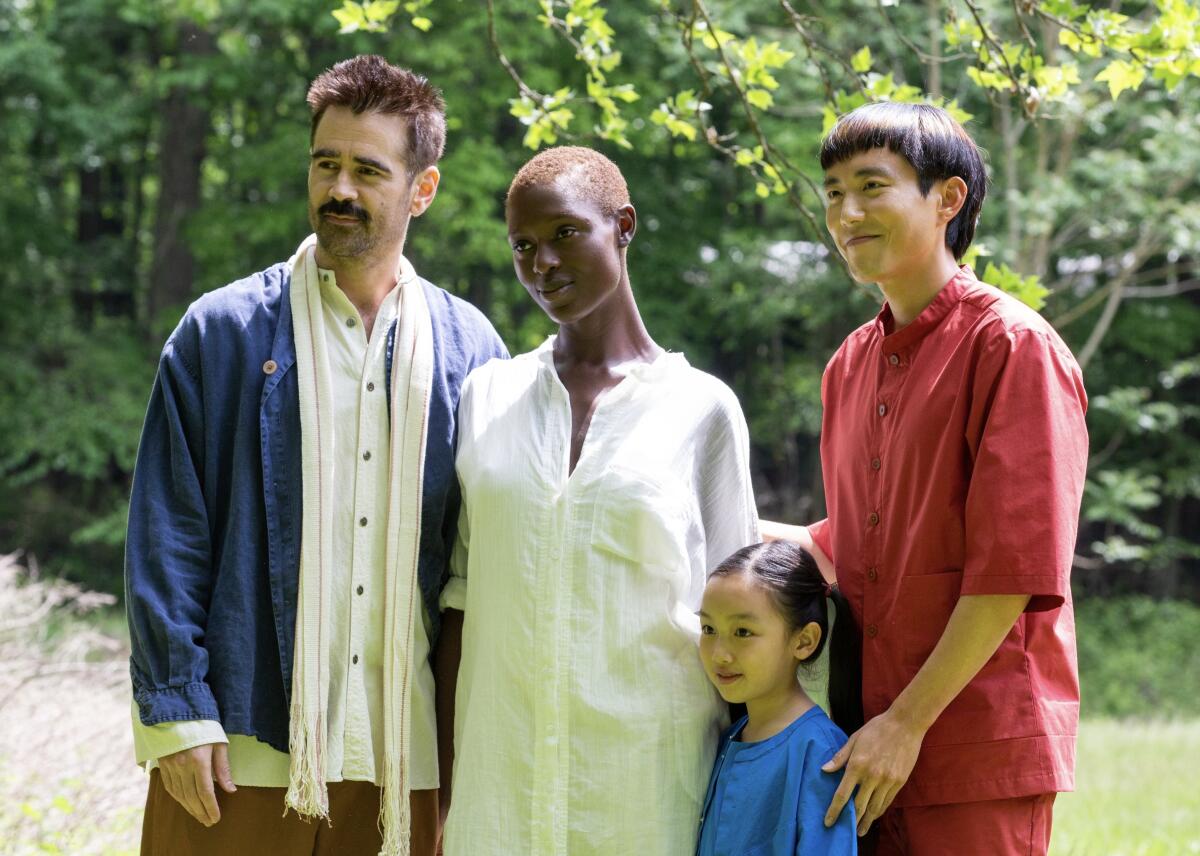
The UCLA Film and Television Archive launched a summer sci-fi series as a teaser for a larger science fiction program later in the year. The current lineup, which kicks off Saturday night with a double-bill of Darren Aronofsky’s “Pi” and Shinya Tsukamoto’s “Tetsuo: The Iron Man,” focuses on independently made films. With heady ideas jockeying with creatively lo-fi visual effects, the movies in this series all deserve to be seen in a theater.
Sunday the series continues with Kogonada’s 2021 “After Yang,” starring Colin Farrell, and Duncan Jones’ 2009 “Moon,” starring Sam Rockwell. Both films are wrenchingly emotional and grapple with questions of what makes a person human.
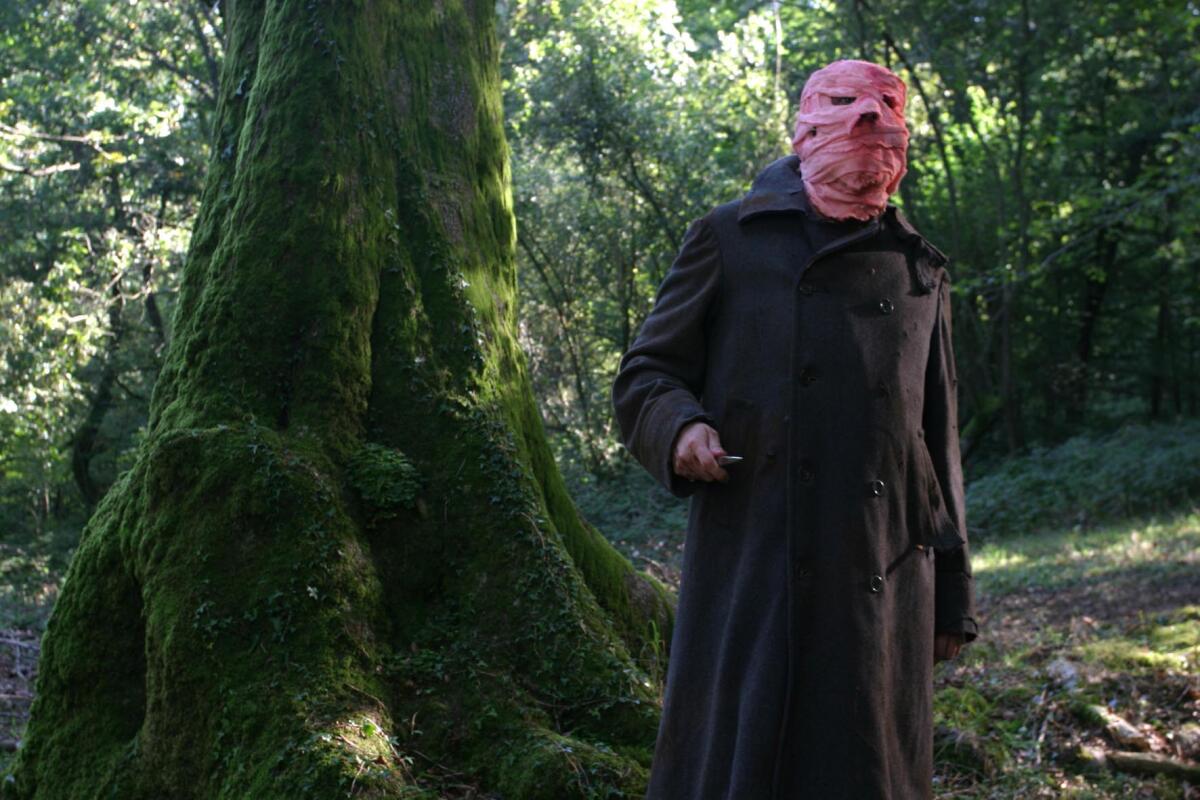
Other titles in the series include Boots Riley’s “Sorry to Bother You,” starring Lakeith Stanfield and Tessa Thompson, Nacho Vigalondo’s “Timecrimes,” Shane Carruth’s “Primer,” Justin Benson and Aaron Moorhead’s “Something in the Dirt” and Sofia Alaoui’s “Animalia.” Two ’90s titles, Stuart Gordon’s “Space Truckers,” starring Dennis Hopper, and Phillip R. Ford’s “Vegas in Space” will also play.
In an interview for the initial release of “Moon,” Jones explained what he liked about the sci-fi films of the ’70s and ’80s such as “Silent Running,” “Outland” and “Blade Runner” that were an inspiration to him. His words also aptly describe what is special about the films in the UCLA series.
“They were about human beings and not going for just one action set piece or special-effects set piece,” Jones said. “They really were about people. They were character-driven films, but that just happened to have these very alien or unusual environments. And that was where the science fiction came in, but really it was about people. And that’s a very different approach than most science-fiction films that get made today.”
William Friedkin’s ‘Sorcerer’
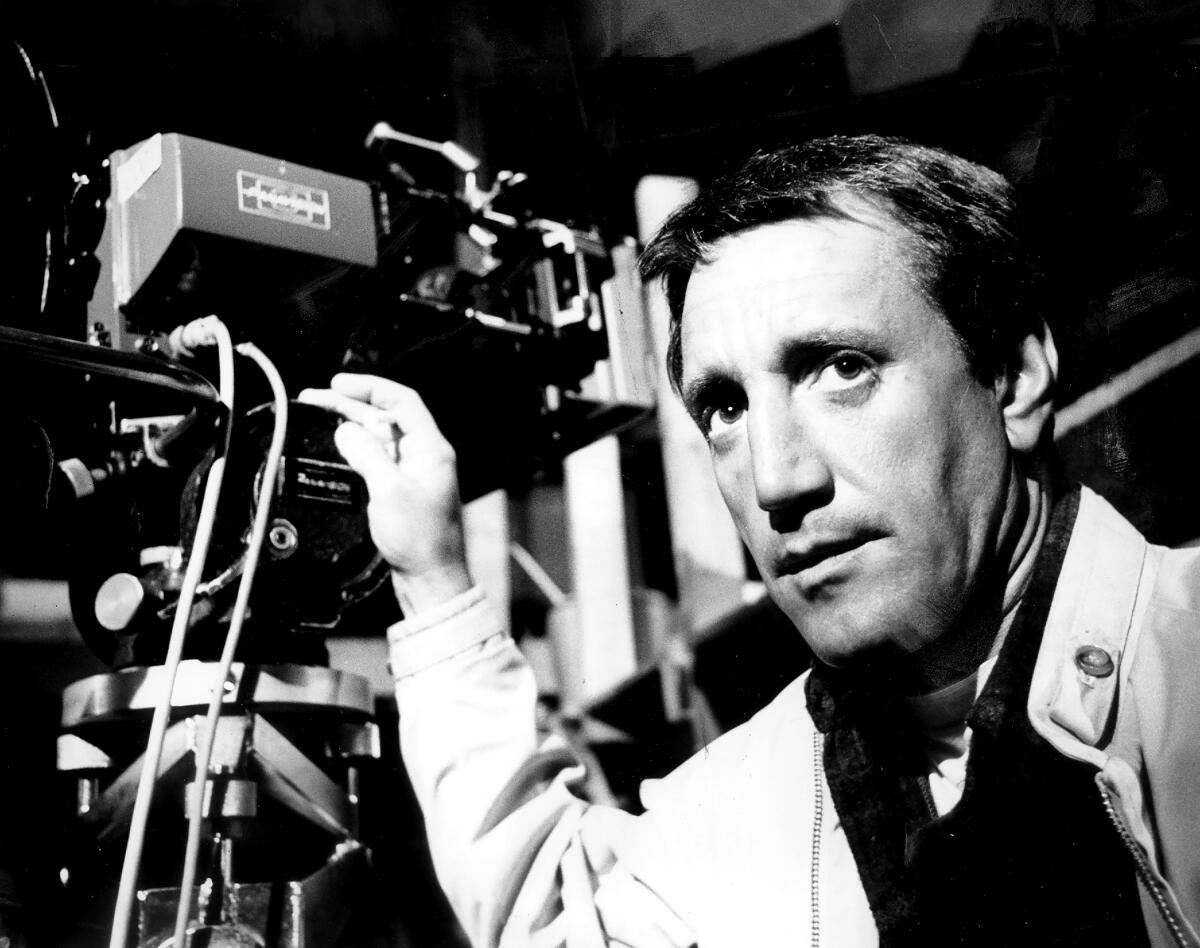
The Vista Theater just announced on Wednesday that it would have a week-long run of William Friedkin’s 1977 “Sorcerer” beginning on Friday, screening in a rare 35mm print with a four-track magnetic soundtrack. (That means the pulsing electronic score by Tangerine Dream will be extra booming and hypnotic.)
The impossibly tense thriller was a notorious flop with audiences and critics when it was first released but has gone on to build a dedicated cult following. An adaptation of the same novel as the 1953 Henri-Georges Clouzot thriller “Wages of Fear,” the film follows a group of desperate men as they transport a truck full of nitroglycerine through the jungle.
Just prior to being awarded the Golden Lion at the Venice Film Festival in 2013, Friedkin spoke to The Times’ Kenneth Turan. The only film Friedkin wanted screened as part of his tribute was “Sorcerer.”
Then in 2014, Oliver Gettell also spoke to Friedkin about the film. The filmmaker declared, “It’s the film of mine that I think is the best I’ve made because it’s the one that came closest to my vision. ‘Sorcerer’ is the only film I’ve made that I wouldn’t change a frame of.”
The film notoriously opened a week after “Star Wars,” which many have pointed to as among the reasons why the film was a failure when it was first released. As for why he thought the film failed to connect at the time, Friedkin said, “I have no way of knowing that. I just don’t know.”
He added, “There are just things over which we have no control, and that’s one of the themes of ‘Sorcerer.’ It’s the main theme — that no matter how difficult your struggle is, there’s no guarantee of a successful outcome.”
Points of interest
‘Love & Basketball’ in 4K
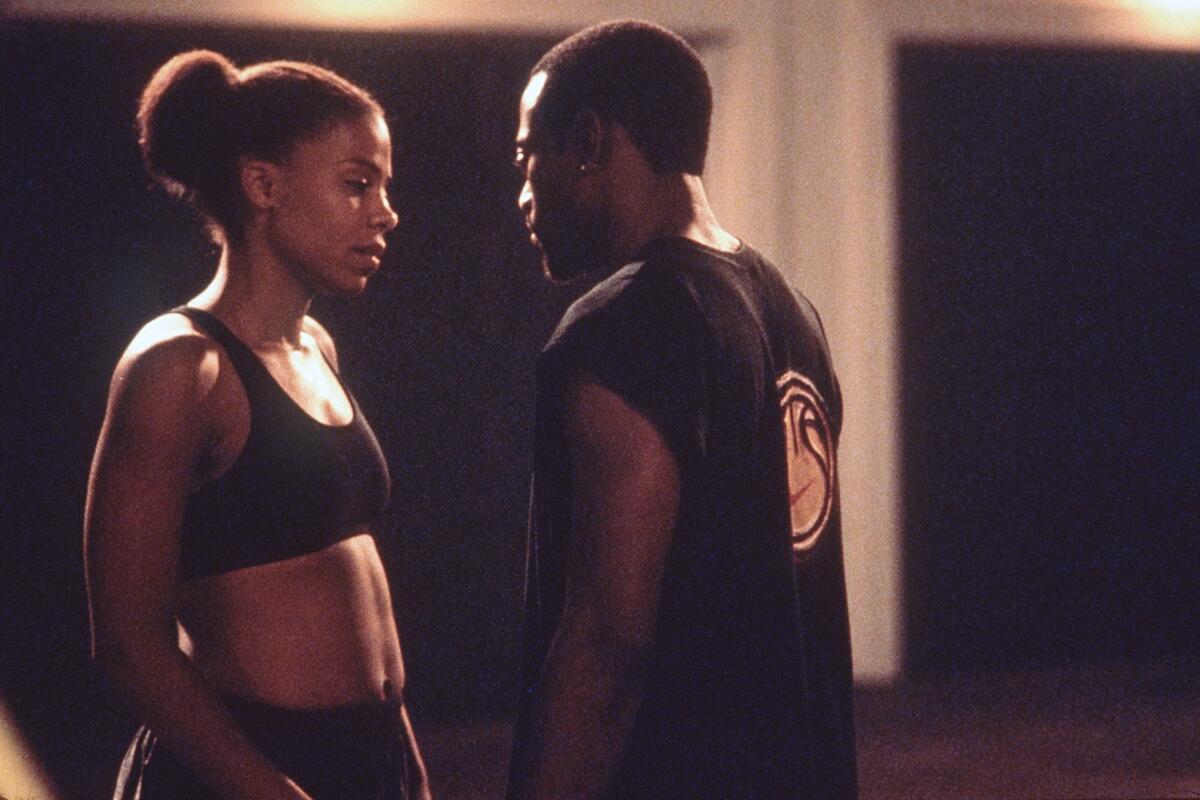
On Saturday, the Academy Museum will screen Gina Prince-Bythewood’s 2000 debut feature, “Love and Basketball,” in 4K as part of their ongoing series “Summer in the City: Los Angeles Block by Block.” Recently added to the National Film Registry, the film is set in South Central L.A. and tells the story of two young neighbors and competitive basketball players (Sanaa Lathan and Omar Epps) who come to realize their shared passion for the game is also a passion for each other. Lathan will be there for a conversation before the screening.
In 2020, Sonaiya Kelley put together an oral history of the film, speaking to Prince-Bythewood, Gabrielle Union, Lathan, Epps, Alfre Woodard, Tyra Banks, Regina Hall and Spike Lee.
As Kelley put it, “[Love and Basketball”] led generations of moviegoers to imagine new possibilities for themselves in love and offered a glimpse at a rarely depicted slice of black life.”
Prince-Bythewood said, “When I first started out writing it, my goal was to do a black ‘When Harry Met Sally.’ I love that movie, but I wasn’t seeing myself in movies like that, in love stories. … As an artist, you hope you’re making art that resonates and reaches people, but you never know. So the fact that 20 years later we’re still talking about my first film is humbling and amazing to me. Especially when I think back to trying to get it made and knowing how many times it was dead in the water.”
In his original 2000 Times review, Eric Harrison wrote, “Accomplishing all of this in her first movie is about as challenging as making a three-point shot from center court at the buzzer with the score tied and Magic Johnson on defense.”
Celebrating Colin Higgins
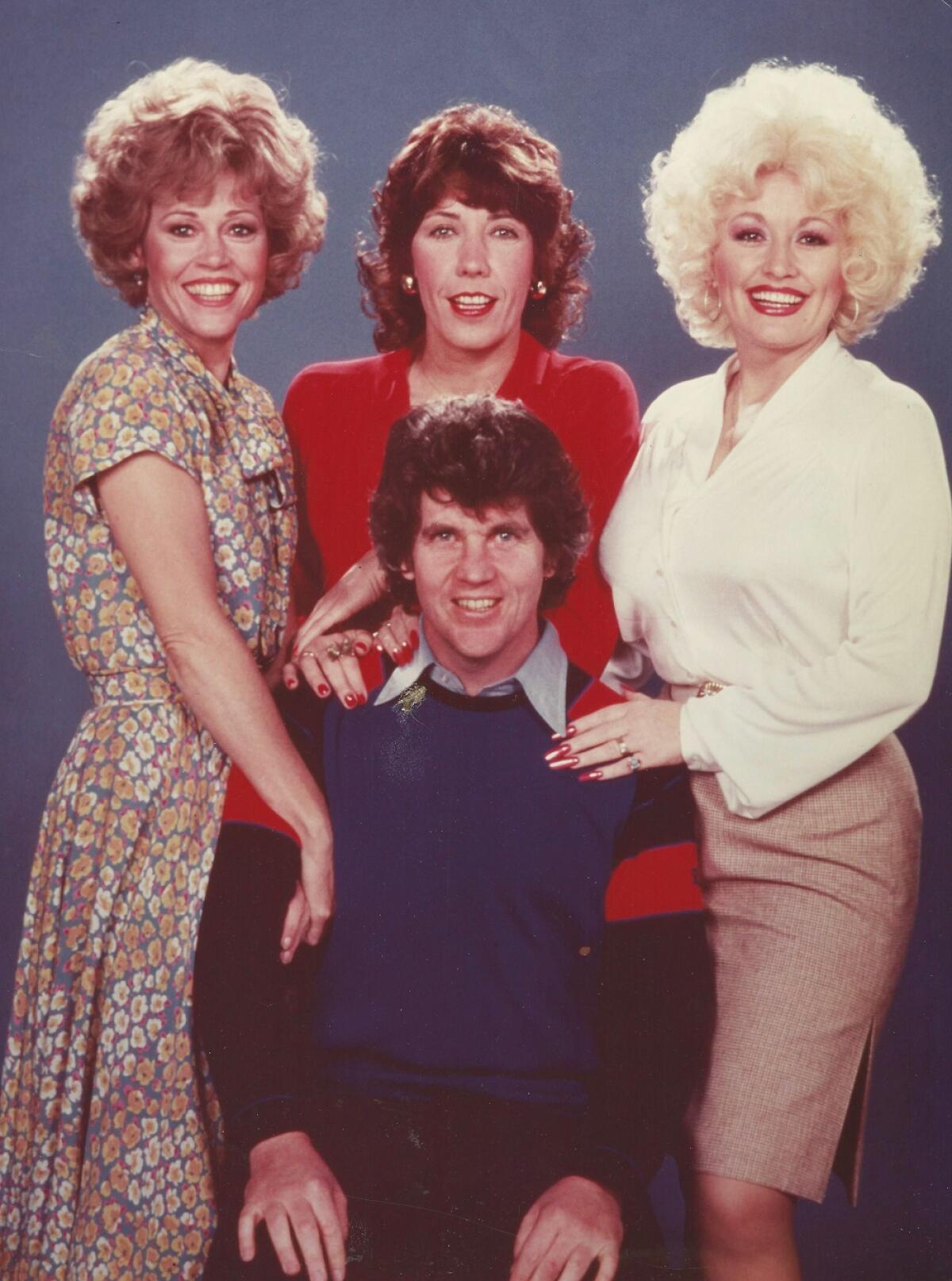
Playing for a one-week Academy qualifying run at the Nuart is the documentary “Celebrating Laughter: The Life and Films of Colin Higgins,” an affectionate tribute to the writer of “Harold and Maude” and “Silver Streak” who would go on to direct “Foul Play,” “9 to 5” and “The Best Little Whorehouse in Texas.” Directed by Higgins’ longtime friend and colleague Nicholas Eliopoulos, the profile is narrated by Cybill Shepard and Higgins’ brother, Brian Higgins, who reads excerpts from the filmmaker’s interviews.
Higgins died of complications from AIDS in 1988 at age 47, and Eliopoulos essentially began work on the documentary shortly after, when he shot deeply emotional tributes at a DGA memorial service from Goldie Hawn, Shirley MacLaine, Dudley Moore and Bud Cort. Interviews in the film include “9 to 5” stars Jane Fonda, Lily Tomlin and Dolly Parton, as well as Yusuf Islam (formerly known as Cat Stevens), who wrote songs for “Harold and Maude.” Highlighting just how long it took to get the documentary completed, a number of interview subjects have also subsequently died, including Charles Durning, Arthur Hiller and Dom DeLuise.
Eliopoulos will be at the 7 p.m. show on Saturday for a Q&A moderated by Kat Kramer, with surprise guests.
Ang Lee’s ‘Lust, Caution’ in 35mm
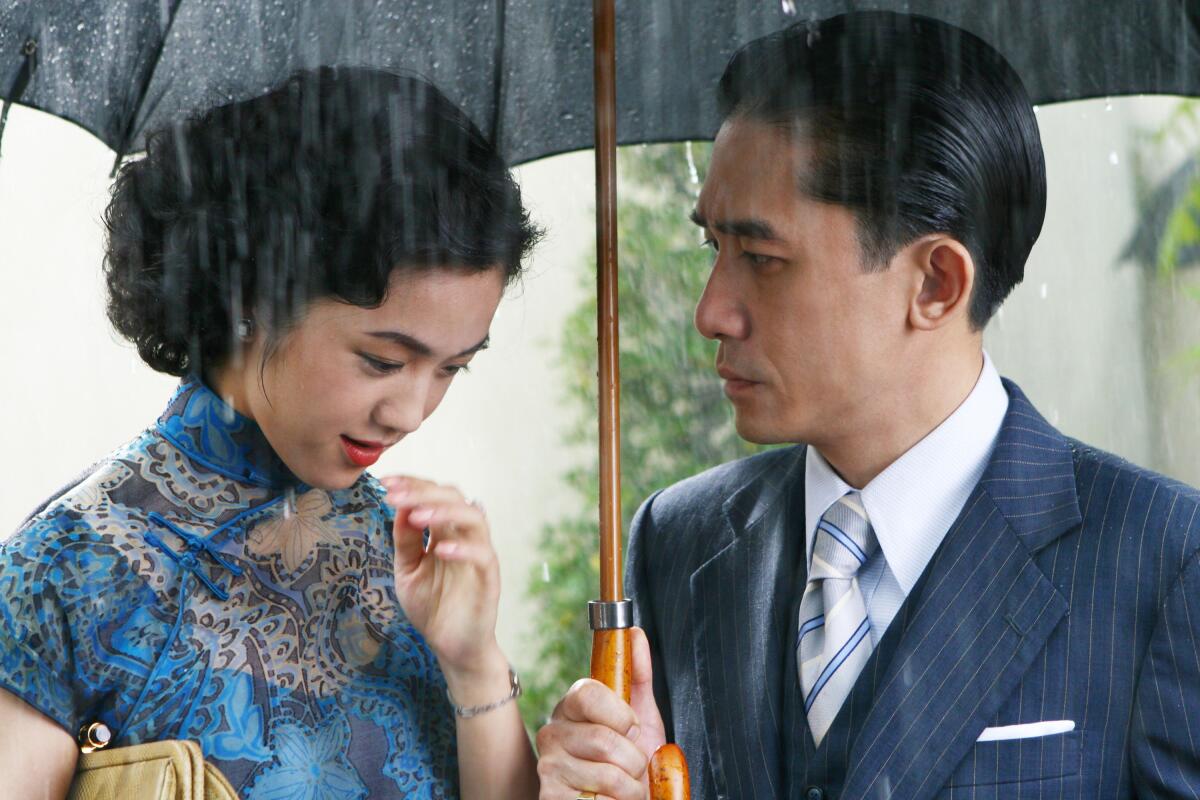
On Monday, Vidiots will screen Ang Lee’s sultry romantic melodrama “Lust, Caution” in 35mm. When the film was first released in 2007 it was largely overshadowed by the controversy around its NC-17 rating due to explicit sex scenes. If nothing else, the film has a ravishing beauty about it, starting with its stars, Tony Leung and Tang Wei. The movie was shot by cinematographer Rodrigo Preito, who last year worked on “Barbie” and “Killers of the Flower Moon.”
Reviewing the film at the time, Times critic Kenneth Turan wrote, “A brooding meditation on the unnerving power and terrible cost of emotional and political masquerades, the Chinese-language ‘Lust, Caution’ gets under your skin with its examination of what qualifies as love and what does not. … Lee has made a film of ambition and accomplishment, one that is both a summation of all he knows and a promise of even greater achievement in the future.”
Also in the news
‘Kneecap’ hits theaters

Following our preview screening last week, the film “Kneecap” is now in theaters. Based on the Irish-language, controversy-courting rap trio from Belfast, the film has the same mythologizing energy as “Purple Rain,” “Spice World” or “8 Mile.”
I spoke to filmmaker Rich Peppiatt and band members Móglaí Bap and DJ Próvaí when they were recently here in Los Angeles.
Peppiatt described the film as “a biopic in real time” and noted what he found so exciting about the band’s rebellious attitude in the first place, saying, “I felt it was so inspiring and so political, the idea of rejecting even the language of the country that you lived in. To say, ‘You know what? I don’t only not recognize this country that I live in, but I’m going to reject the very language.’ It was just a really powerful statement about what your beliefs are.”
Only good movies
Get the Indie Focus newsletter, Mark Olsen's weekly guide to the world of cinema.
You may occasionally receive promotional content from the Los Angeles Times.


